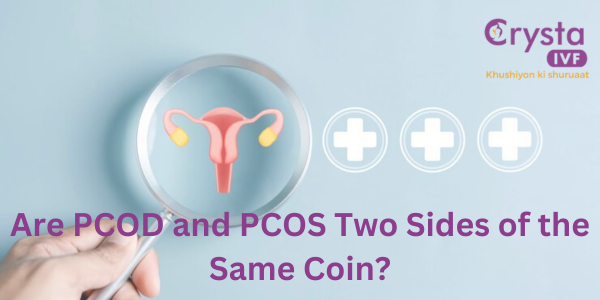What is the difference between pcod and pcos?
PCOD and PCOS are two terms often used interchangeably, but with some key distinctions. Think of them as sisters; they share a family resemblance (symptoms) but have unique personalities (severity and impact).
PCOD (Polycystic Ovarian Disorder): the more common sibling, affecting up to a third of menstruating women. It's characterized by the ovaries producing immature eggs, which can lead to hormonal imbalances and the formation of small cysts. Imagine the ovaries like an apartment building. In PCOD, some apartments (follicles) have immature eggs taking up space, but some healthy eggs might still be able to mature and be released (ovulation).
PCOS (Polycystic Ovary Syndrome): the more serious sister, though affecting a smaller percentage (around 5–10% of menstruating women). It's a full-fledged hormonal disorder. The culprit here is the endocrine system, which throws everything out of whack, leading to excess production of male hormones (androgens) by the ovaries. These androgens, like unwelcome guests, disrupt the egg development process, often leading to multiple cysts and irregular ovulation. In PCOS, the ovaries become like overcrowded dorms, with immature eggs and cysts dominating the space, making it difficult for healthy eggs to mature and be released.
Remember: In pcos and pcod differences are negligible. If you suspect you might have PCOD or PCOS, it's crucial to consult a doctor for a proper diagnosis and personalized treatment. They can help you navigate this and get your hormonal sisters back in balance.Visit: https://shorturl.at/L6iyu

